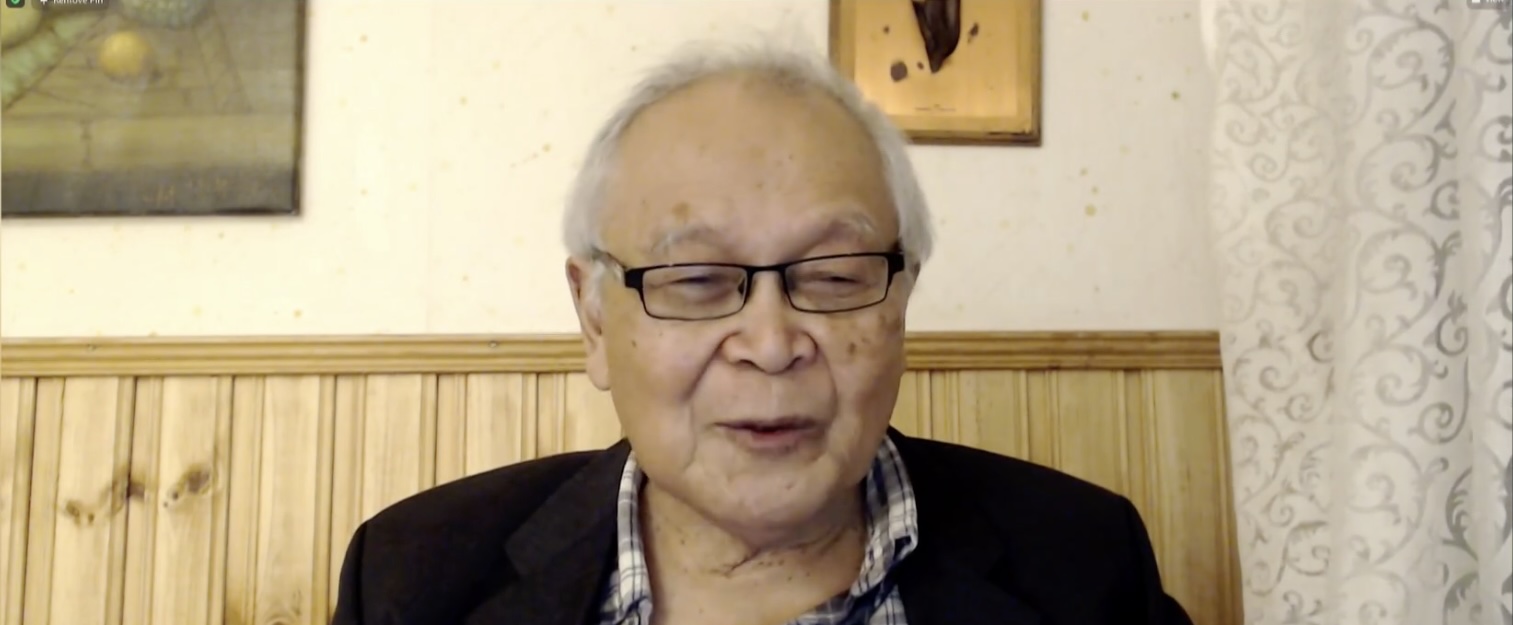NDFP negotiator: Preconditions should not be set for resumption of peace talks

For the planned resumption of peace talks between the national government and the National Democratic Front of the Philippines (NDFP) to be successful, preconditions should not be imposed by both parties, according to a veteran peace negotiator.
Asterio Palima, NDFP negotiating panel member, believes that it would be important for both parties to establish trust and rapport first before setting any demand to end the five-decade long civil war being waged by the Communist Party of the Philippines-New People's Army-National Democratic Front of the Philippines (CPP-NPA-NDFP) against the national government.
"The GRP has changed its course from that time six years ago when the negotiation was abruptly discontinued by the NDFP. That’s a major development. As we've said before, the NDF is always open to talks, to negotiations at any time for as long as the basis for the talks would be premised on solving the roots of armed conflict," Palima said in a television interview with ANC on Thursday, Nov. 30.
Palima reinforced the earlier statement made by Office of the Presidential Peace Adviser on Peace, Reconciliation, and Unity (OPAPRU) Sec. Carlito Galvez Jr. that the preconditions set during the previous peace talks prevented both parties to "move on" to the succeeding stages of the negotiation.
"There are many conditions that we cannot move on to the succeeding stages of negotiation. We need to create a new framework that would define the parameters of the negotiation. If we will lay down the preconditions already or if we will use the previous agreements, the peace talks will really not move forward," Galvez said.
The GRP and NDFP have agreed to formulate a new framework for the peace agreement which will set the parameters for future exploratory talks, leading to the establishment of a final peace agreement.
But this is easier said than done.
Among the things that hampered the previous peace negotiation, which was terminated by the Duterte administration in 2017, was the arrest of NDFP political consultants, Palima said.
Following the crumbling of the peace negotiation six years ago, then President Rodrigo Duterte had ordered the mass arrest of all political consultants who were granted conditional liberty so they could participate on the peace talks.
"If you look at major pitfalls, it is the arrest of even our political consultants which are crucial to the negotiations. The few of us in the panel cannot really come forward with the other panel on a significant or viable agreement without the expertise or assistance of the experts," Palima shared.
"Without the political consultants, we wouldn’t go forward in any deeper discussions on economic reforms," he added.
At present, Palima said there are about 800 political prisoners who are still languishing in jails.
Palima admitted that the granting of amnesty to communist rebels by President Ferdinand Marcos Jr. last Nov. 23 sets a good tone for the resumption of the peace talks.
"It helps in the confidence-building especially if it is really meant to look at the situation of political prisoners," he said.
However, the NDFP peace panel member stressed that amnesty is not really the primary factor for the peace talks as he claimed that many political prisoners were jailed on "trumped up" charges.
"We don’t really need a formal amnesty in this situation. If you look at the ages of these political prisoners, many of them are jailed on forced evidence and trumped up charges. Even if the GRP uses its own laws and framework, many of these political prisoners would be released using the already existing legal processes of the other party," he explained.
He also cited the importance of the Joint Agreement on Safety and Immunity Guarantees (JASIG) by the GRP and NDFP.
The JASIG, an agreement signed by the GRP and NDFP in 1995, guarantees the immunity of all individuals involved in the peace talks.
"We have the Joint Agreement on [Safety] and Immunity Guarantees that is really meant to ensure that these negotiations go smoothly without any side killing for their lives, killing for their safety. We think that JASIG is important really, an indispensable part of the negotiations," Palima noted.